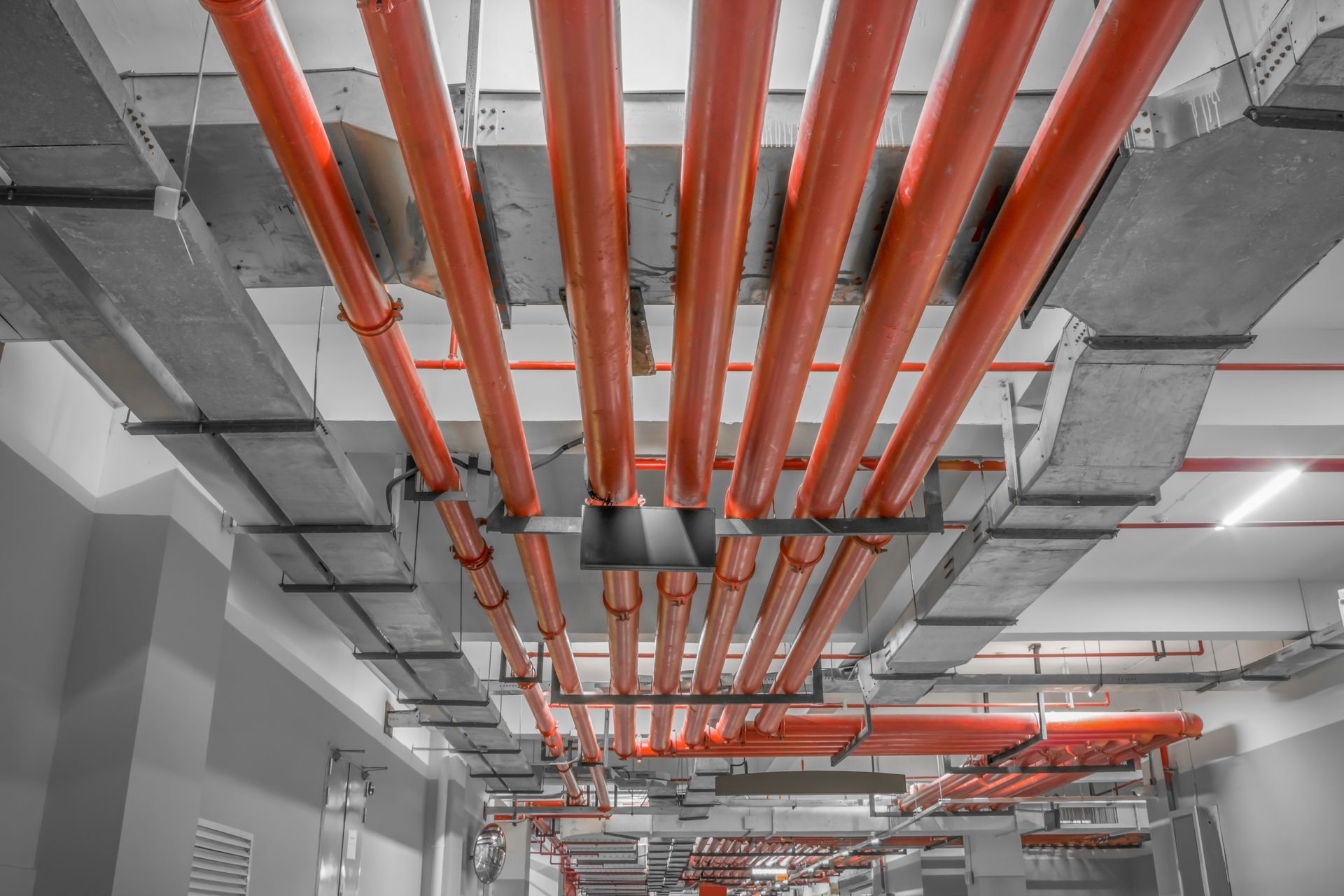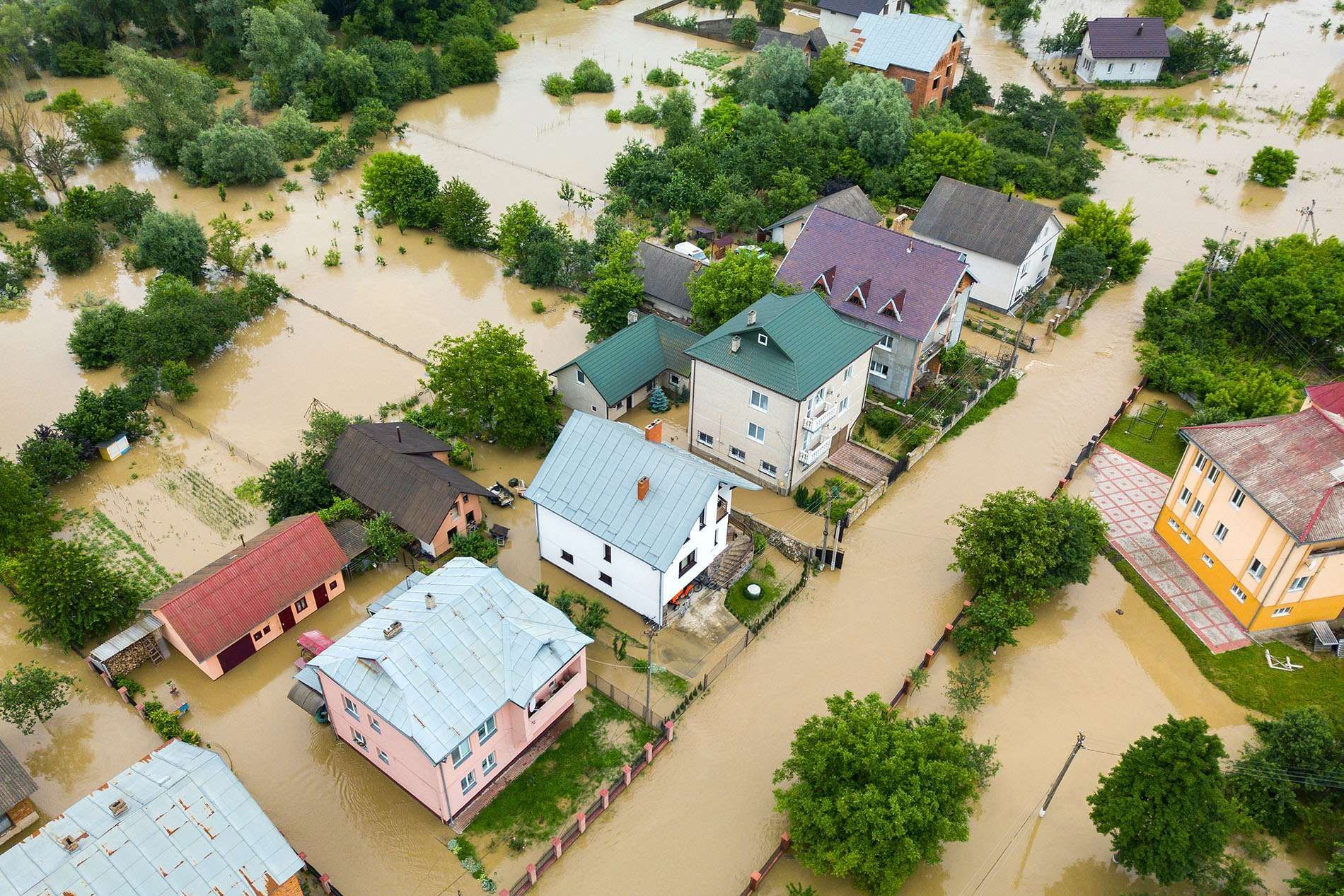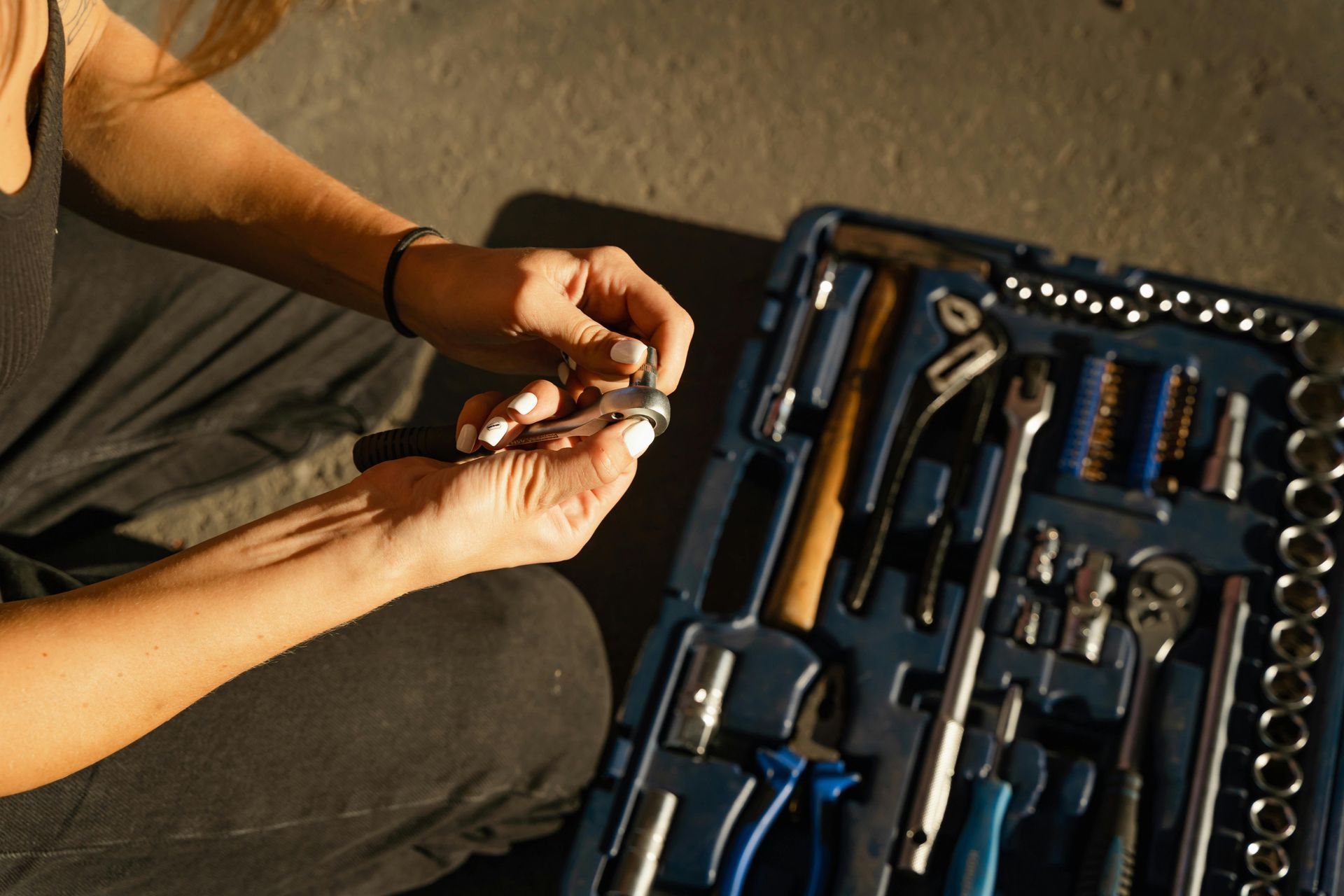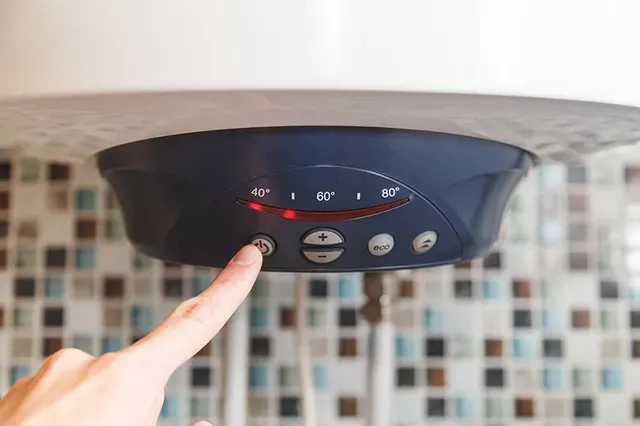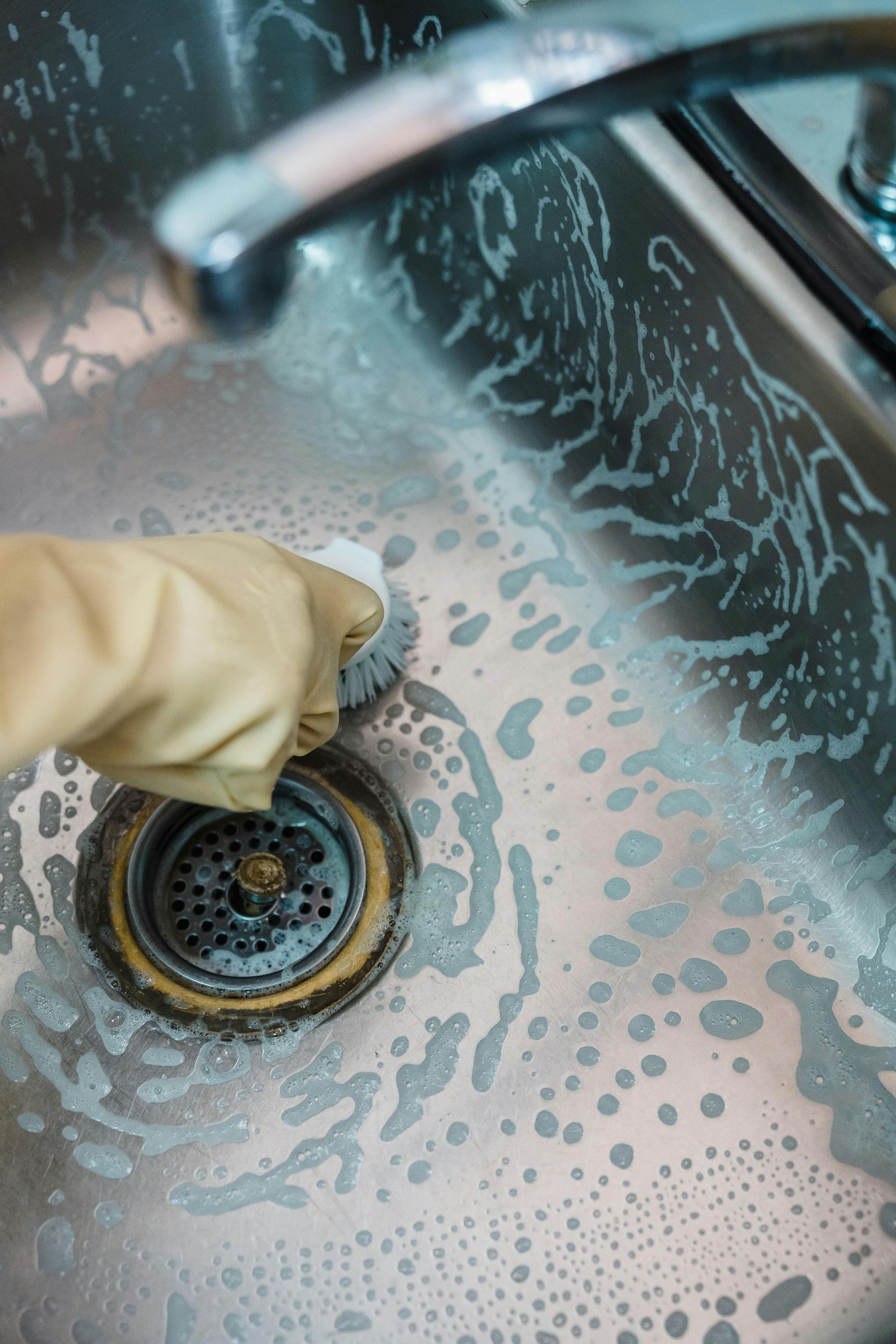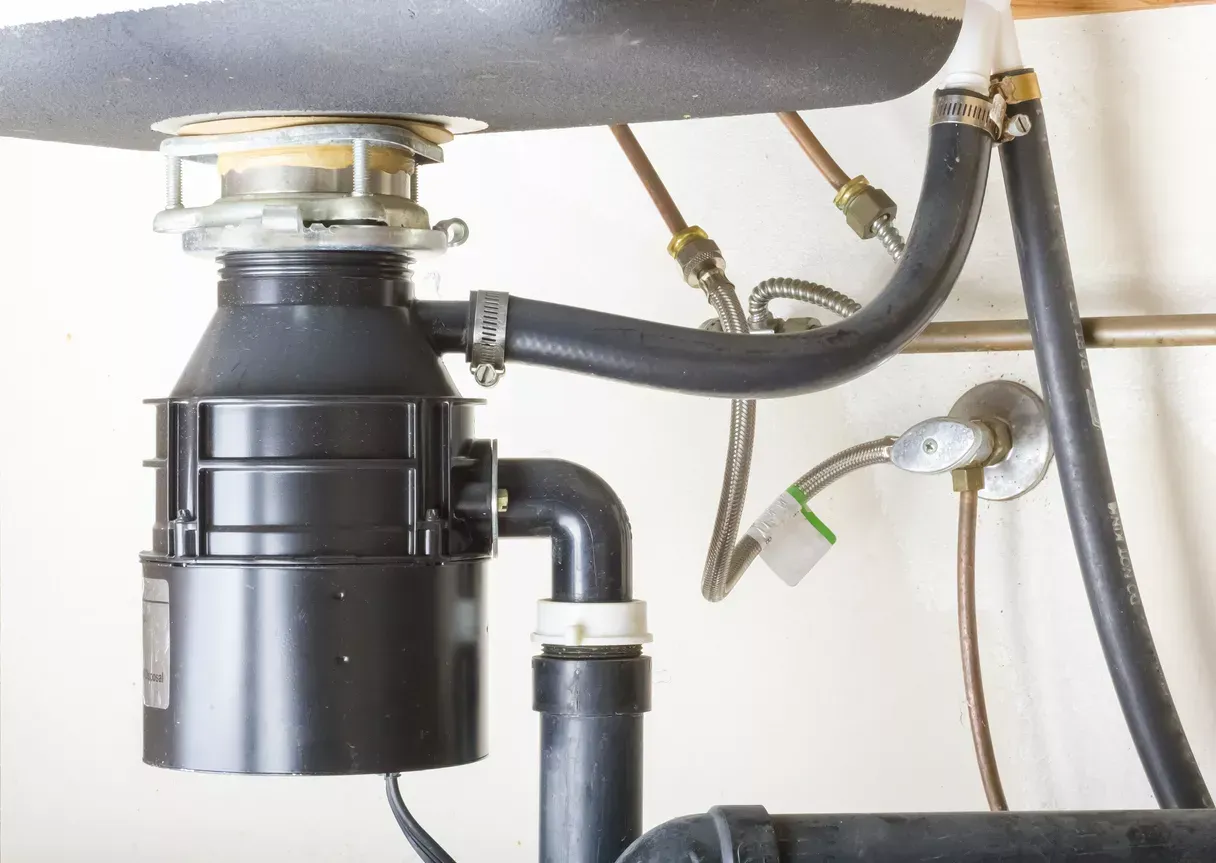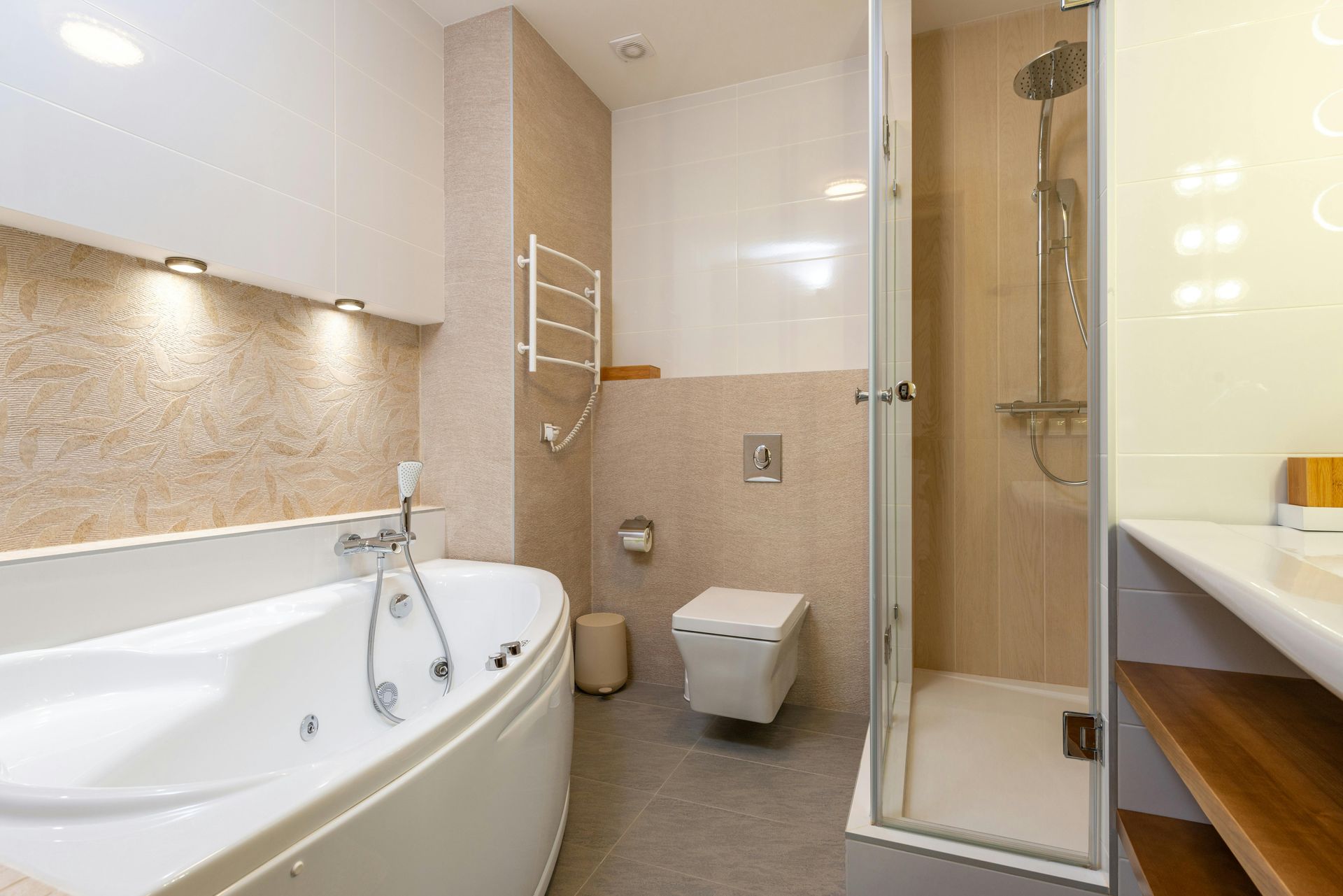DIY Plumbing Tips for Homeowners
Hey there, homeowner! Ever had to deal with a leaky faucet or a clogged drain? Plumbing issues can be a real hassle, but the good news is that many common problems are easy to fix yourself. With a little know-how and the right tools, you can save time and money by handling minor plumbing repairs and maintenance on your own. Let’s dive into some essential DIY plumbing tips that will help you keep your home’s plumbing system in top shape!
Essential Plumbing Tools Every Homeowner Should Have
Before you start tackling any plumbing issues, it’s important to have the right tools on hand. Here’s a list of essential tools every homeowner should have in their toolkit:
Basic Tools
- Plunger: A must-have for clearing clogs in toilets and drains.
- Adjustable Wrench: Versatile for tightening and loosening nuts and bolts.
- Pipe Wrench: Great for gripping and turning pipes.
- Plumber’s Tape: Also known as Teflon tape, it’s used to seal pipe threads.
Advanced Tools
- Pipe Cutter: Handy for cutting pipes cleanly.
- Drain Snake: Effective for removing clogs deeper in the drain.
- Basin Wrench: Perfect for working in tight spaces, especially under sinks.
- Plumber’s Putty: Used to create watertight seals around fixtures.
Safety Gear
- Gloves: Protect your hands from sharp objects and chemicals.
- Safety Glasses: Keep your eyes safe from debris and splashes.
How to Fix a Leaky Faucet
A leaky faucet can be annoying and wasteful. Here’s how you can fix it yourself:
Identify the Type of Faucet
First, determine the type of faucet you have: compression, ball, cartridge, or ceramic disk.
Step-by-Step Repair Guide
- Turn off the water supply: Look for the shut-off valves under the sink and turn them off.
- Disassemble the faucet: Remove the handle and any decorative parts to access the valve.
- Replace worn-out parts: Check the washers, O-rings, and seals. Replace any that look damaged.
- Reassemble and test: Put the faucet back together and turn on the water supply. Test the faucet to ensure it’s no longer leaking.
Unclogging Drains: Simple Methods
Clogged drains are a common issue. Here are some simple methods to unclog them:
Using a Plunger
A plunger is your first line of defense against clogs. Ensure you have a good seal around the drain and use quick, forceful plunges to clear the clog.
DIY Drain Cleaner
For a chemical-free solution, try a DIY drain cleaner:
- Ingredients: Baking soda and vinegar.
- Application: Pour half a cup of baking soda down the drain, followed by half a cup of vinegar. Wait 15 minutes, then flush with hot water.
Drain Snake
A drain snake can reach deeper clogs that a plunger can’t. Insert the snake into the drain and rotate it to break up and remove the blockage.
Preventing and Fixing Toilet Issues
Toilet problems can be particularly troublesome. Here’s how to prevent and fix common issues:
Common Problems
- Running Toilet: Constantly running water can waste a lot of water.
- Weak Flush: A weak flush can be caused by a variety of issues, including low water levels.
- Clogs: Frequent clogs are a sign of underlying issues.
Running Toilet Repair
- Check and adjust the flapper: Make sure the flapper is sealing properly. Replace it if it’s worn out.
- Fixing the fill valve: Adjust the fill valve to ensure the water level is correct.
Handling Clogs
- Plunger: Use a plunger to try and clear the clog.
- Auger: If the plunger doesn’t work, a toilet auger can help remove the clog.
How to Repair a Leaky Pipe
Leaky pipes can cause significant damage if not addressed promptly. Here’s how to fix them:
Identifying the Leak Source
Check common leak points like joints, fittings, and sections of pipe.
Temporary Fixes
- Plumber’s Tape: Use it to seal small leaks temporarily.
- Pipe Repair Clamps: Clamp it around the leak for a quick fix.
Permanent Solutions
- Cutting and Replacing Pipe Sections: If the pipe is damaged, cut out the section and replace it with a new one. Ensure you use the correct fittings and secure them properly.
Water Heater Maintenance Tips
Proper water heater maintenance can extend its lifespan and improve efficiency. Here are some tips:
Flushing the Water Heater
- Step-by-step guide: Turn off the water heater, connect a hose to the drain valve, and flush out the sediment.
- Benefits: Regular flushing removes sediment buildup and improves efficiency.
Checking the Anode Rod
- Importance of the anode rod: It prevents rust and corrosion inside the tank.
- How to replace it: Turn off the water heater, locate the anode rod, and replace it if it’s heavily corroded.
Temperature Settings
- Recommended temperature: Set your water heater to 120°F (49°C) to prevent scalding and save energy.
- Adjusting the thermostat: Follow the manufacturer’s instructions to adjust the temperature setting.
Winterizing Your Plumbing System
Prevent frozen pipes and other winter-related issues with these tips:
Insulating Pipes
- Materials needed: Pipe insulation, heat tape.
- How to apply insulation: Wrap the insulation around exposed pipes and secure it with tape.
Draining Outdoor Faucets
- Importance of draining: Prevents water from freezing and causing pipe bursts.
- Step-by-step process: Turn off the water supply, open the faucet, and let the water drain out.
Preventing Frozen Pipes
- Tips to avoid freezing: Keep your home warm, open cabinet doors to let warm air circulate, and let faucets drip during extremely cold weather.
- What to do if pipes freeze: Slowly thaw them using a hairdryer or heating pad.
When to Call a Professional Plumber
While DIY repairs are great, some situations require professional help:
Complex Issues
- Sewer line problems: Blockages or damage in the sewer line.
- Major leaks or floods: Extensive water damage requires professional attention.
Permits and Code Compliance
- Situations requiring professional intervention: Major renovations, new installations.
- Importance of adhering to local codes: Ensures safety and legality of plumbing work.
Conclusion
Maintaining your home’s plumbing system doesn’t have to be daunting. With the right tools and a bit of knowledge, you can handle many common plumbing issues yourself. Regular maintenance and prompt repairs can prevent bigger problems down the line and keep your plumbing system running smoothly.
FAQs
What are the most common DIY plumbing mistakes?
Common mistakes include over-tightening fittings, using the wrong tools, and not turning off the water supply before starting repairs.
How often should I perform plumbing maintenance?
Perform routine checks every few months and more thorough inspections annually.
Can I fix a plumbing issue myself or should I hire a professional?
Minor issues like leaks and clogs can often be fixed DIY. For major problems, it’s best to hire a professional.
What is the best way to prevent plumbing issues?
Regular maintenance, prompt repairs, and using fixtures and appliances correctly can prevent many issues.
Are there any eco-friendly plumbing tips for homeowners?
Yes, consider installing low-flow fixtures, using water-saving appliances, and regularly checking for leaks to conserve water.


